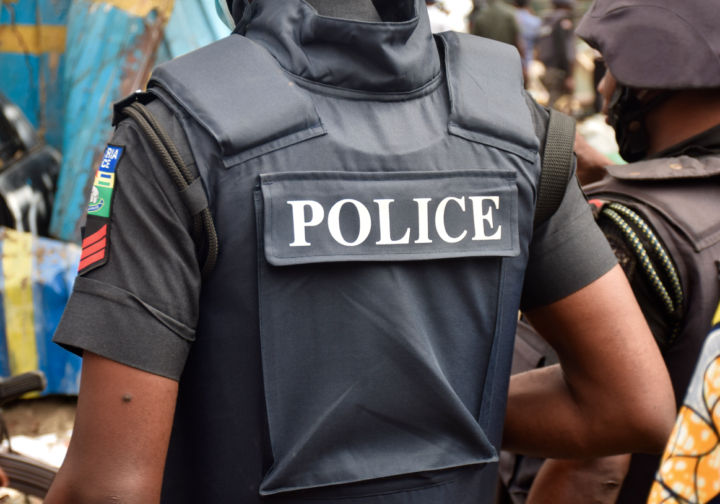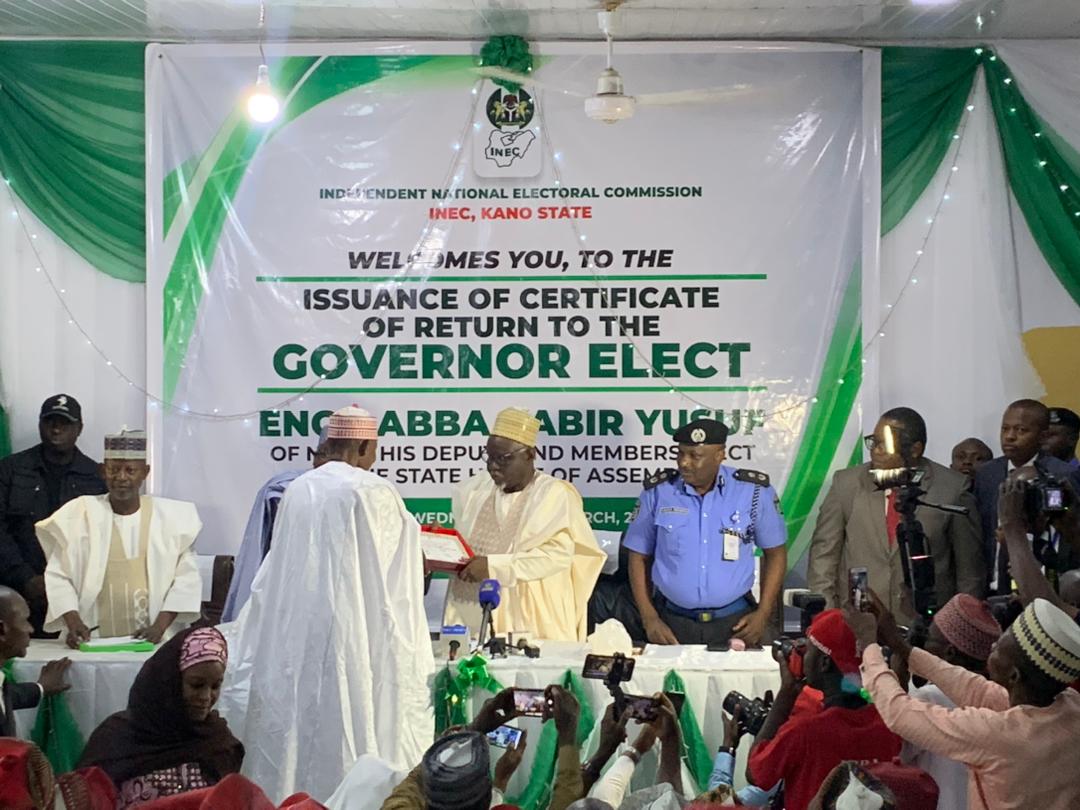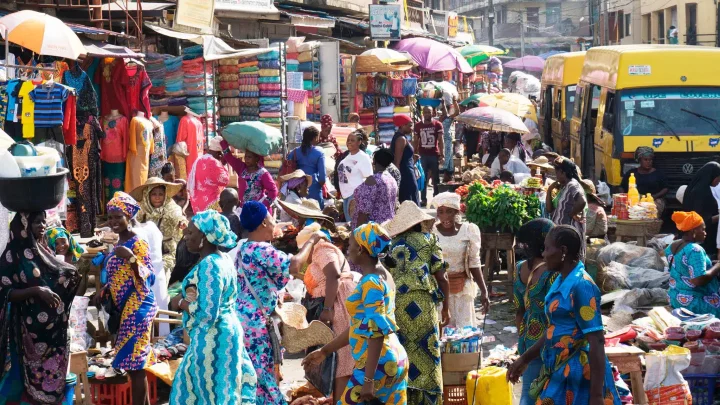File photo of a police officer
BY EMMANUEL ADOGHE
The intentionality of this article is to urge the Nigerian government to reinforce the current security apparatus protecting both government and private strategically important assets with significant national economic implications. It is not a prevision of any specific threat.
Some of these strategic national assets such as oil production platforms and export terminals, refineries including private refineries like the upcoming Dangote Refinery, power plants, etc., are coming on stream at a critical time when their economic impact on the Nigeria economy is momentous, and it makes sense for them to have exceptional security blanket against sabotage.
This may appear to be a no-brainer, but this is Nigeria and “anyhowness” happens.
Advertisement
Most of the weighty challenges currently bedeviling the nation could have been prevented if timely decisive actions had been prioritised by administrations in the past. Nigeria’s leadership’s propensity for using “African time” or is it “Nigerian time” to attend to issues or rushing to “close the barn door after the horse has bolted” has cost the nation dearly in both human and material costs with trillions of Naira lost that could have been invested in infrastructure or other sectors.
To be clear, the government’s failure to act decisively and timely incubated and accelerated Boko Haram, the Indigenous People of Biafra (IPOB) insurgency and other dreadful challenges including the fraudulently obtained $11 billion contract judgment of P&ID, which thankfully was discharged. Other legal judgements are still hanging like a sword of Damocles, threatening to cost the nation even more trillions of Naira.
True, the army forces and other paramilitary agencies are stretched thin with operations across the country, but again, priority dictates that boots-on-ground operations need the money pipeline running smoothly if their hardware and salaries are to stay fluid. Without the earnings from oil, the government would be hard-pressed to find alternative funding including extending its current borrowing spree.
Advertisement
Every new administration pulls police escorts from VIPs in a ritualistic declaration. It is one policy reversal that often fails. It will serve the current administration well to redirect the police it claims to have retrieved from VIP protection to secure assets of significant national economic importance. That is where their professionalism is most needed at this critical stage of revamping the economy.
Recently the Nigerian National Petroleum Company Limited (NNPC Ltd) reported that illegal oil refiners have connected 4,800 pipelines on its over 5,000 kilometres of oil pipeline across the country. Again, the government’s failure to provide leadership decisively and timely can be identified as a major contributing factor to the pipeline sabotage. It takes time, equipment, and other resources to attach illegal 4,800 pipeline connections. What is undeniable is the handwringing by past administrations that allowed the proliferation of illegal connections to grow.
Advanced economies often perform military preparedness drills near troubled hotspots or waters. Maybe the time has come for Nigeria’s military to also conduct its endurance marches, military drills, and drone patrols along the right of way of these pipelines (before and after repairs) as one way to reduce the incidences of sabotage to the oil pipelines — at least until modern surveillance CCTVs and drones are operational and effective. After all, these are fixed immovable assets.
Establishing constant patrols disrupts and limits the operational time of these illegal oil refiners and makes it prohibitive to reestablish their activities. Deploying and rotating military units in an area of responsibility (AOR) can deter collaboration or compromise with illegal refiners. Sometimes complex challenges require simplified solutions which is clear to everyone including security agents and criminals.
Advertisement
It bears repeating the story of “Who’s job is it anyway?” as it aptly describes the indolent reactive nature of government in these climes.
This is a story about four people named Everybody, Somebody, Anybody and Nobody. There was an important job to be done and Everybody was sure that Somebody would do it. Anybody could have done it, but Nobody did it. Somebody got angry about that because it was Everybody’s job. Everybody thought Anybody could do it, but Nobody realised that Everybody wouldn’t do it. It ended up that Everybody blamed Somebody when Nobody did what Anybody could have done.
Views expressed by contributors are strictly personal and not of TheCable.
Add a comment






